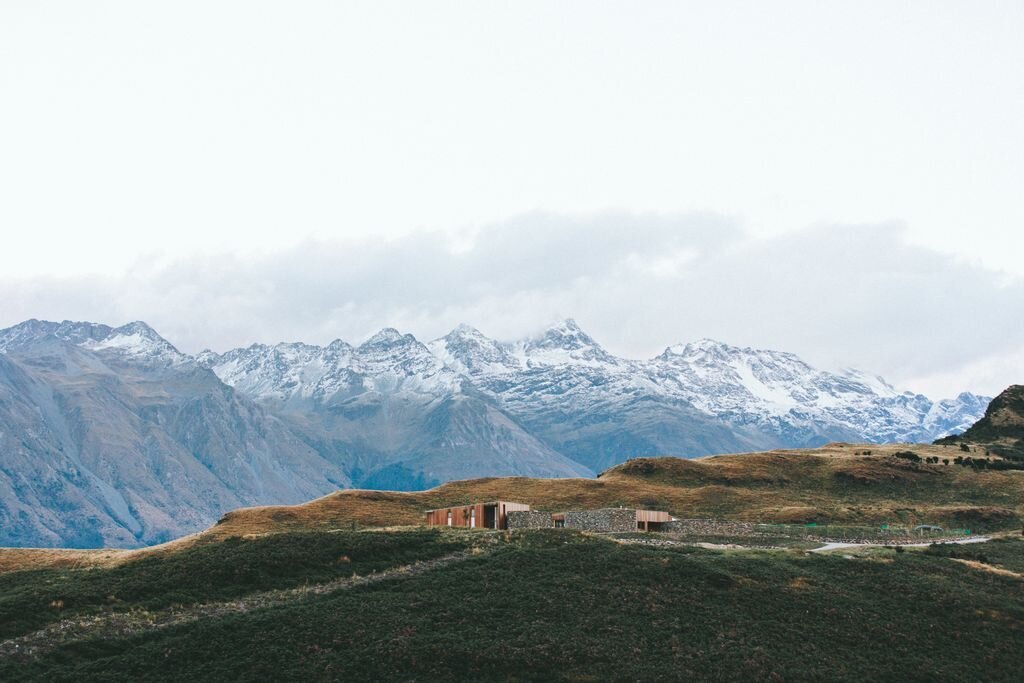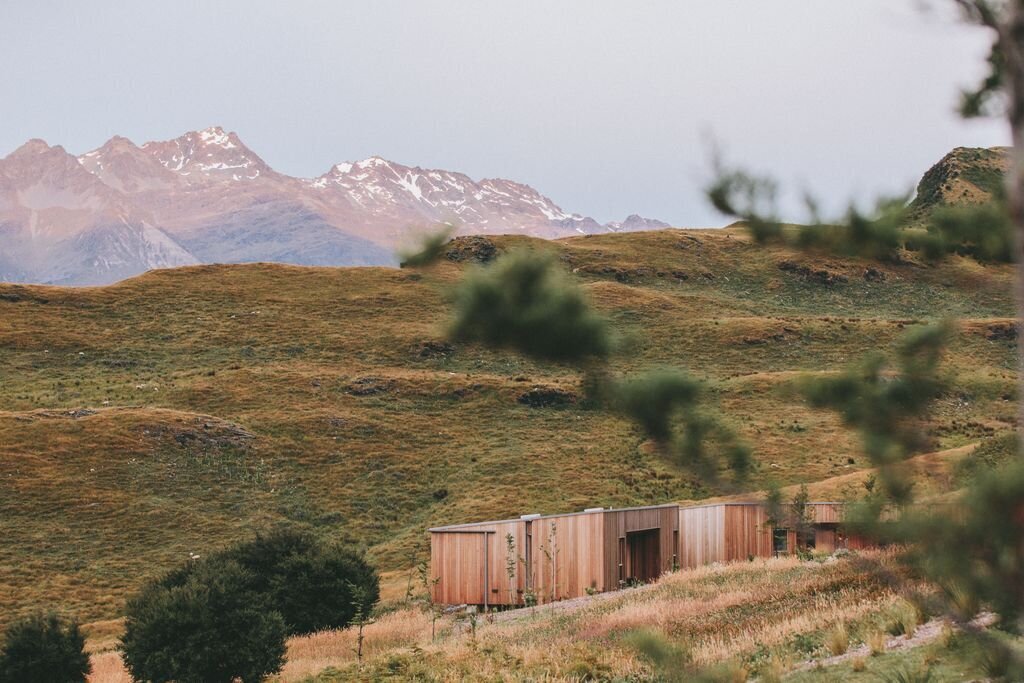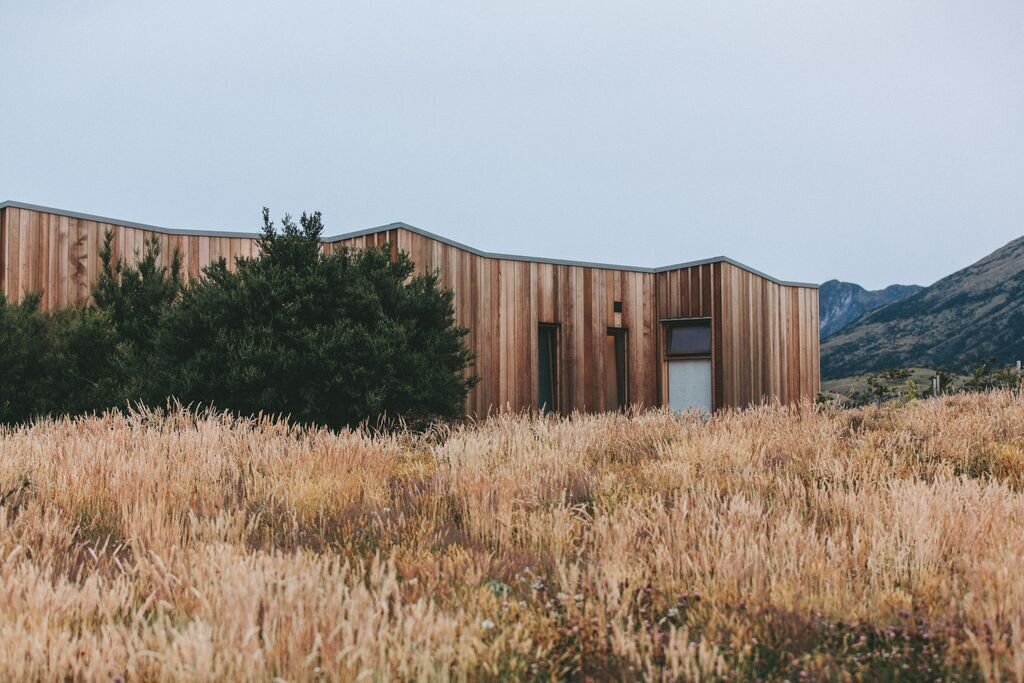
South Sudan
Fugitives for Education
Every year, pre-teen girls in South Sudan flee their villages in the dead of night—not from war, but from forced marriage.
Their families, seeking dowries of cattle, give them to much older men. These girls become fugitives in their own land, risking everything for an education.
St. Bakhita Girls' Primary School is their safe haven—the only all-girls primary school in South Sudan. Mercy Beyond Borders is the primary supporter of the school. Here, they can learn, make friends, and reclaim their futures.
Forced Marriage is Human Trafficking
Forced marriage robs girls of their voices, education, and safety. In South Sudan, it remains a culturally accepted form of human trafficking.
This reenactment of a forced marriage negotiation highlights the stark reality girls face in South Sudan.
Changing the Narrative
We challenge the system of forced marriage by doing what works: educating girls.
Our comprehensive, case-management approach supports girls from primary school through university—many of whom are the first in their families to receive any formal education. Our support includes:
Safe housing
Nutritious meals
Counseling and home visits
Leadership development
Scholarships and mentorship
We're beginning to see the seeds of change take root. Educated girls are now stepping into leadership roles in their communities—advocating for girls’ rights by speaking directly to village chiefs and hosting community educational sessions. (insert photos and stories/ vignettes of how girls are advocating for others)They're shifting perceptions, showing that a daughter with a monthly income can bring more long-term value to a family than a one-time dowry ever could.
Vicky Aledia— Vignette
Moriku— Who talks to village cheifs?
Insert story about a University Scholar who who avoided forced marriage and was instead allowed to go to school.
We know that changing deeply embedded cultural norms takes generations. And we know that we are not the ones who will change these cultures—it is the girls themselves. They are passionate about giving back, about ensuring that others have the same opportunities they were given. Their courage and leadership are changing the narrative from within.






Insert stats about SS educational rates
Stats about MBB SS
Stats about MBB SS
Meet Jane
AI-generated image representation. Names & places have been changed for Jane’s protection.
My name is Jane. I am 13 years old and am from a small village in South Sudan. My mother is alive, but my father died when I was still young. I have one brother and three sisters. I am the second child of my mother. I was given to another woman in another village to stay with her after my father passed. My elder sister is married, and she also stays in another village.
My auntie arranged for me to be married off, so she came and picked me from the home where I was staying with the woman and took me to the home of the man. The man’s home was in a village far from ours. I was taken in the afternoon, and in the evening my auntie returned home. My auntie left me there as a wife to that family. I stayed only one evening at that home, because they treated me harshly. Very early the next morning, I left that village and went to my sister’s house in the other village. I knew the name of her village, so I was able to find my way.
When I arrived my Sister was happy to see me. She was aware of what our auntie had done, to marry me to that family, and my sister had been worried. But my sister told me that her home is not safe for me. Instead, my sister said I should go to our uncle’s home. So I left immediately and went to our uncle’s home. I was welcomed and I stayed there for one month. Then my mother visited my uncle, and she told him that she had come to take me back home. My mother said nothing will happen to me again so soon regarding marriage, so my uncle released me from his care. My mother took me back to the village, but upon reaching there I found my auntie and other relatives. They attacked me even before I could enter the house. They beat me, and so I decided to run from home. I went to Kapoeta.
I heard people talking about the police station while I was at the market, and I walked to that place. I found eight girls inside the police station, but after three days, five of the girls were taken back to the village from the police station to be married. I realized that the police station is safe, but not very safe because if your relatives are tough they will take you away from there and marry you off. But the police told me of another place where my relatives would not be able to take me. They explained there is a school in Narus, and girls who go to school there are not so easily taken back by their relatives to be married young. After another two days of staying at the police station, a car came and picked the 4 of us remaining and brought us to SBGPS. What that policeman told us was true, because up to now none of us have been taken again for marriage. This school really is a safe place. I don’t plan to leave until I graduate.
Thanks,


